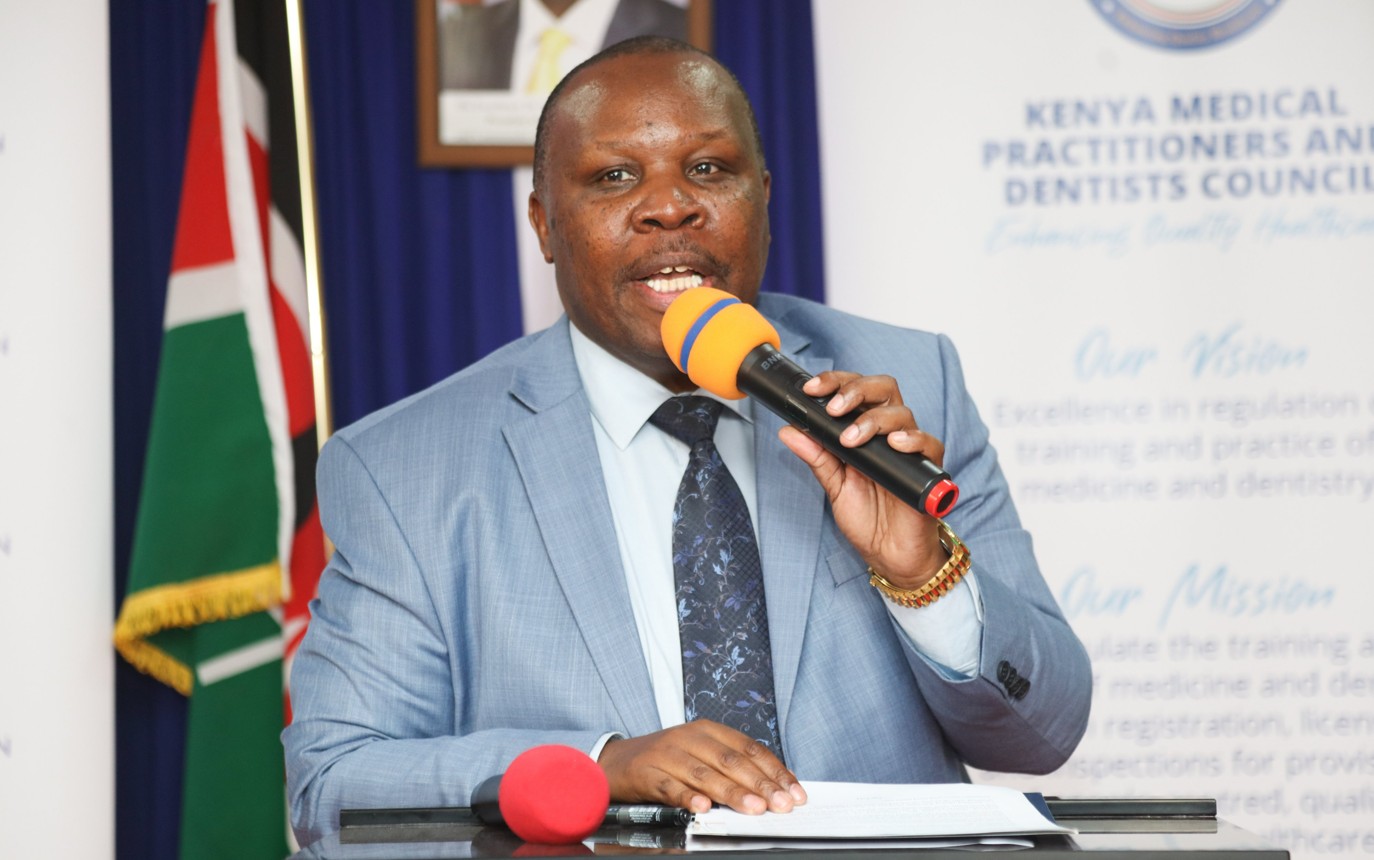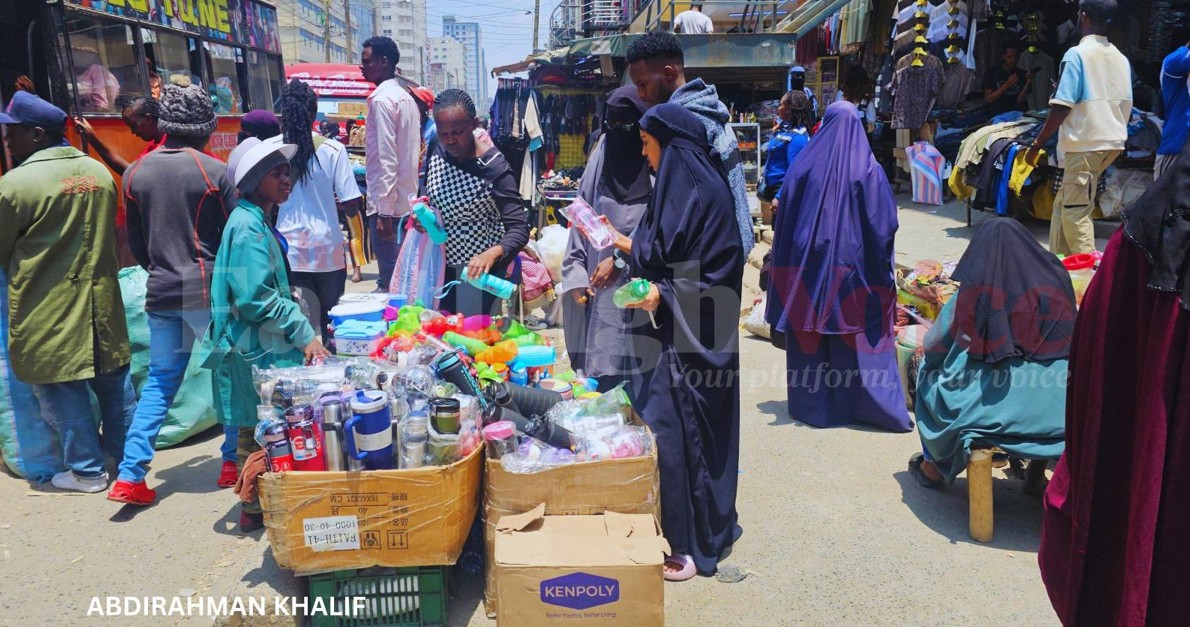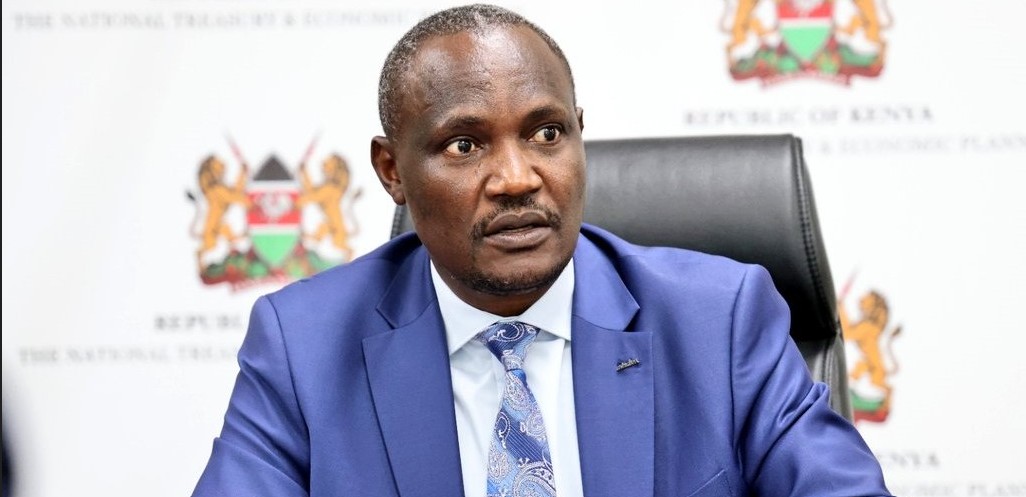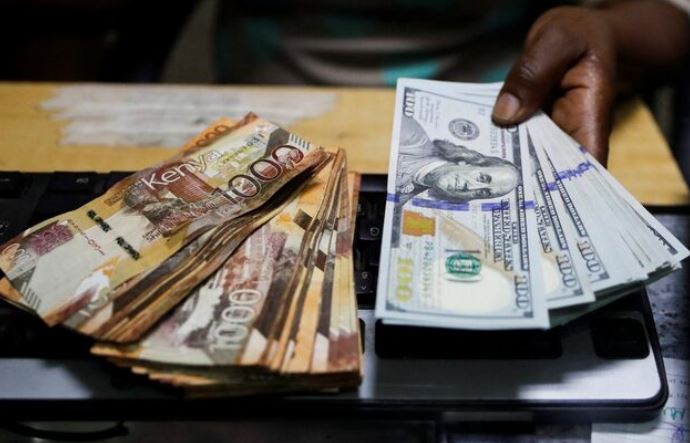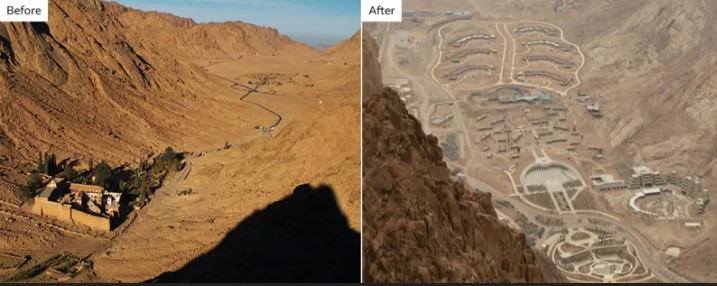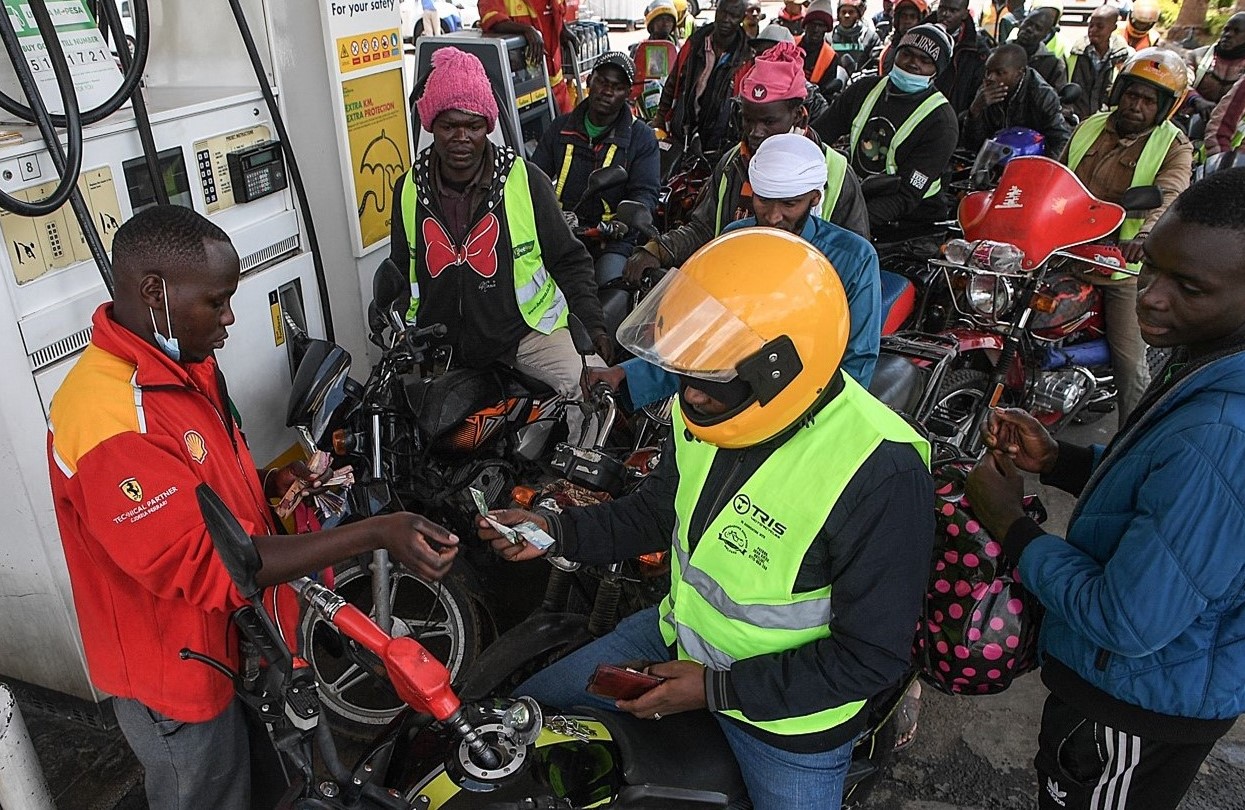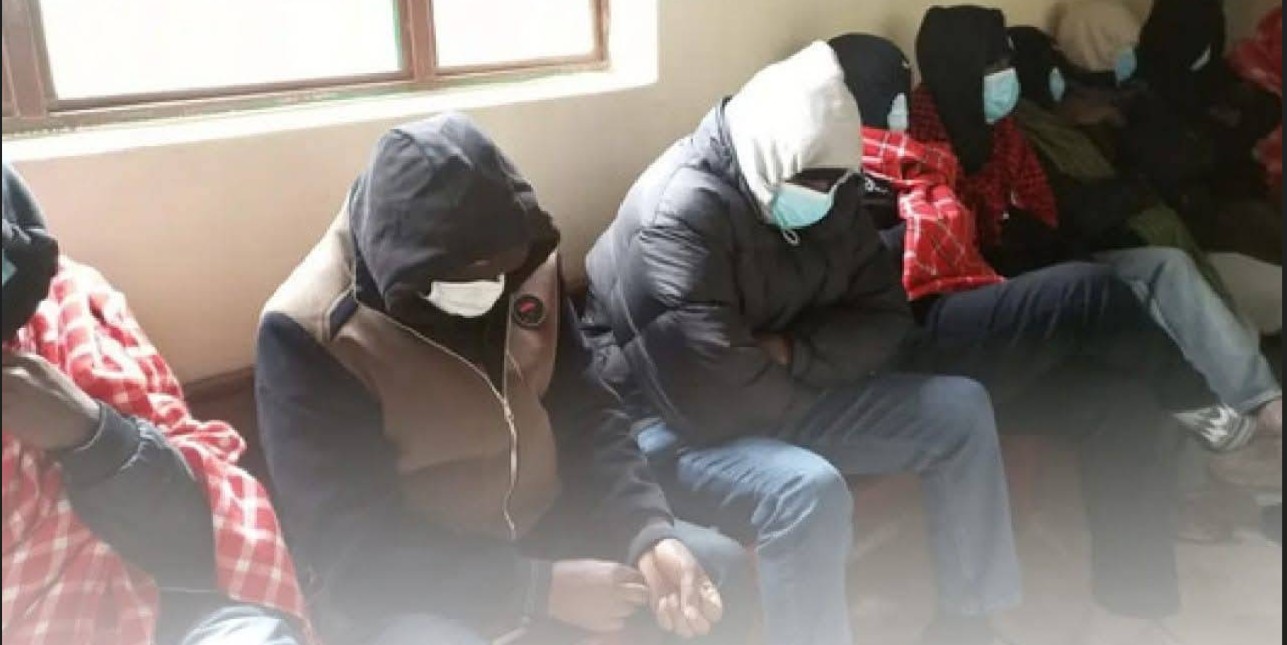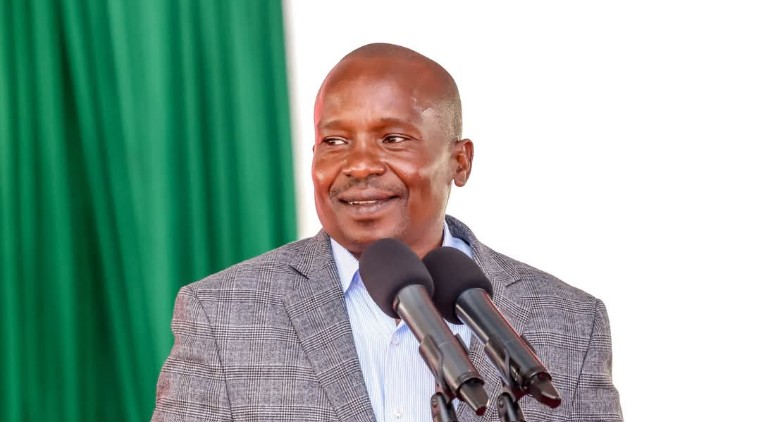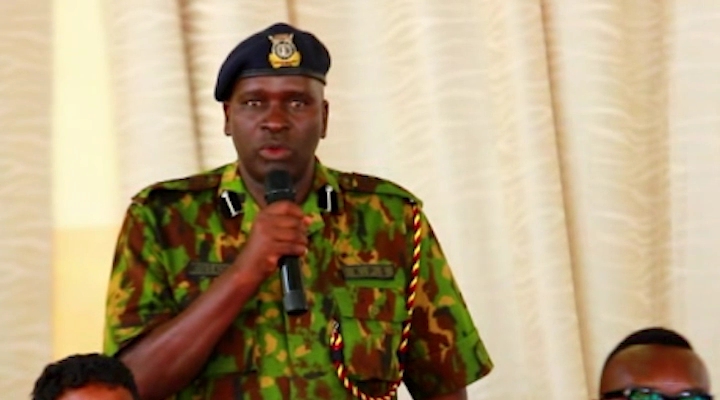Wooden prayer tablets reveal the evolution of Quran teachings in Africa
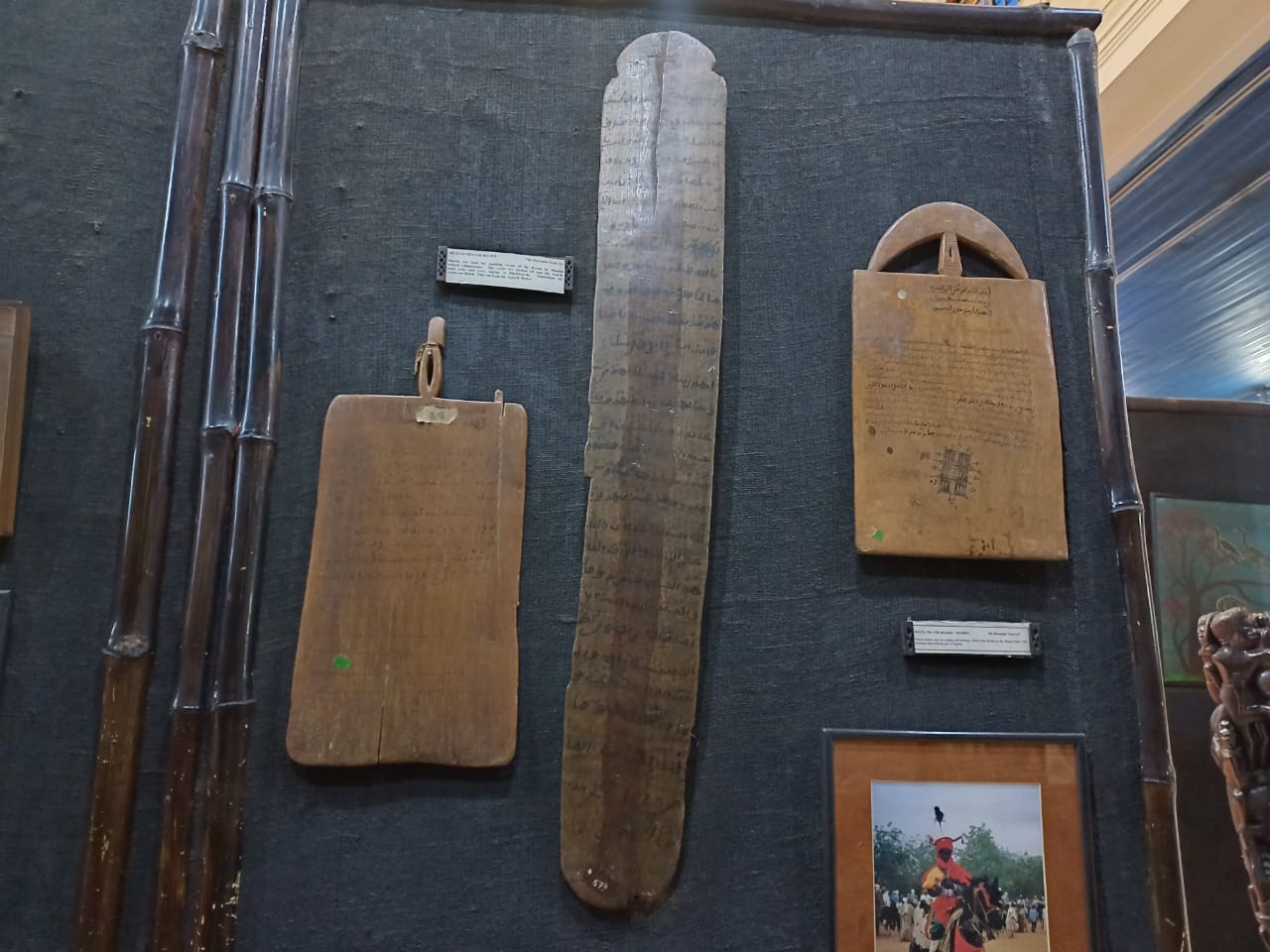
The tablets at the Kenya National Archives comprise some of the collections from the Murumbi Trust's vast collection of art pieces.
On the ground floor of the Kenya National Archives is a black gallery wall on which three wooden tablets inscribed with Muslim prayers are pinned.
Each of the Quran boards is tied with a sisal ribbon and has Arabic writings.
More To Read
- Education stakeholders demand Braille support for visually impaired Islamic Religious learners
- President Ruto sends message of goodwill to Muslims as Ramadan begins
- Rise of Muslim-friendly apps and how they are enhancing everyday life
- Mandera County to incorporate Quran teachings into ECDE learning in policy shift
- Kwale Madrasa teachers unite to address curriculum and salary challenges
- Ekaha Beitate wins International Quran competition in Eastleigh
Two of the tablets are square while one takes the shape of a long, rectangular double-handed wooden board.
Next to them are two labels describing the pieces, indicating that the origin of the rectangular one is Nigeria and the other two are from Somalia.
"Muslim prayer boards are used for teaching verses of the Koran in Muslim schools (madrasa). The verses are washed off and the boards are used over and over, similar to blackboards. Sometimes, the verses are drunk. This one is from the Somali, Kenya," notes the inscription on the long double-handed piece.
These are some of the artefacts that the country holds in treasure, depicting how Muslim teachings were done in early madrassas.
"Hausa prayer boards-Nigeria. Prayer boards used for writing and teaching verses of the Koran by the Hausa-Fulani, who dominate the northern part of Nigeria," the second label states.
The tablets were used as teaching tools for students to learn and write the Arabic language and subsequently read and memorise passages of the Quran.
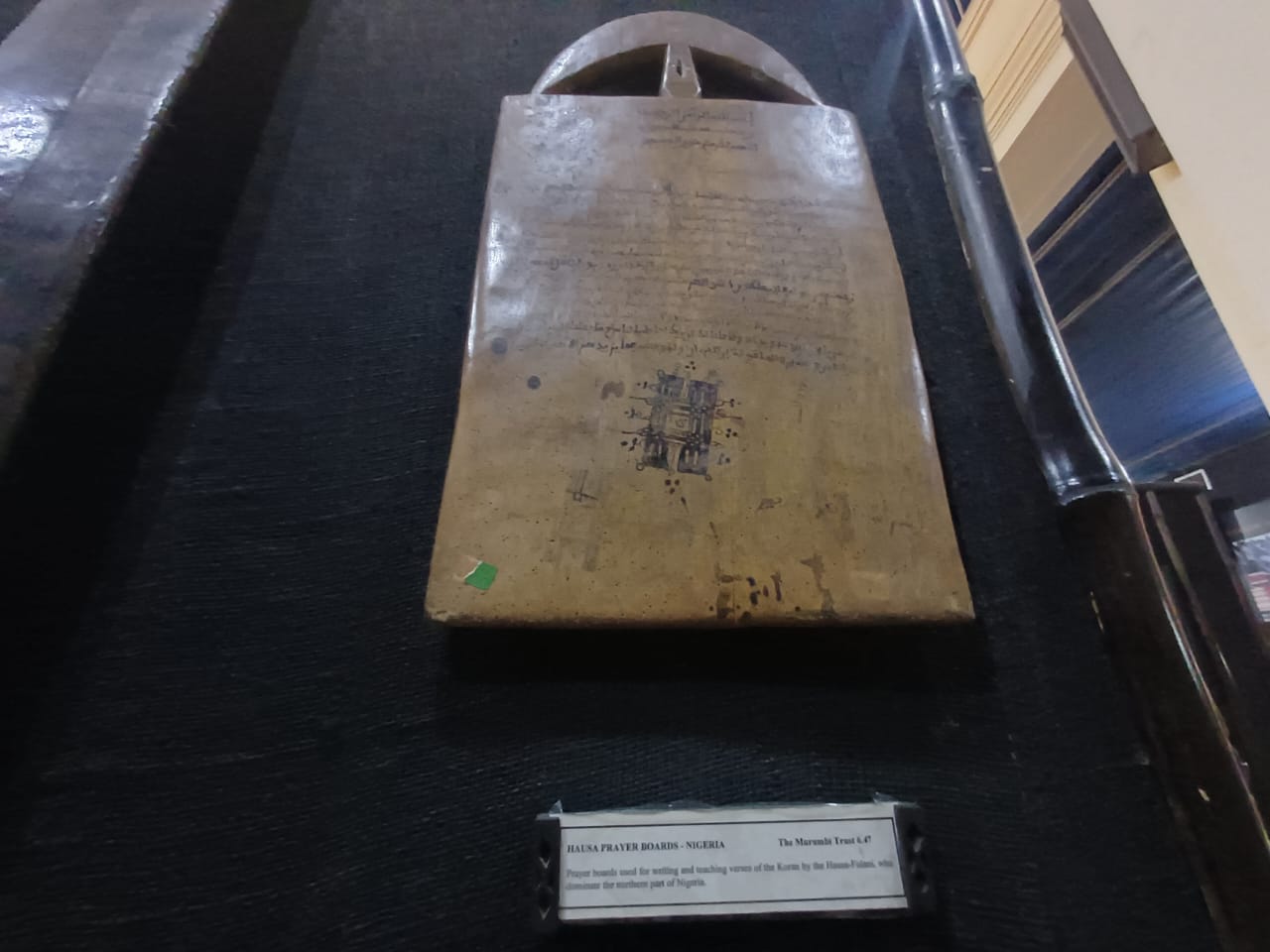 A Muslim prayer board which was previously used by the Hausa of Nigeria. (Photo: Mary Wambui)
A Muslim prayer board which was previously used by the Hausa of Nigeria. (Photo: Mary Wambui)
They depict the culture of the traditional Muslim teachings that are the stark opposite of how current teachings are done in the age of technology, complete with smart boards, libraries and personal Qurans.
The tablets at the Kenya National Archives comprise some of the collections from the Murumbi Trust's vast collection of art pieces sourced by arguably one of the greatest private collectors of artefacts, the late Joseph Murumbi.
According to the African Heritage's documentation of the Murumbi legacy, the collector who once served as Vice President during Mzee Jomo Kenyatta's era, acquired art pieces that include jewellery, postage stamps and 50,000 documents on Africa during his time in exile in England before the country gained independence in 1963.
The Hausa people of Nigeria, who are believed to be one of the first groups in West Africa to convert to Islam, are believed to have used similar boards, also referred to as Aduaze or Allo, for similar purposes in the 15th century.
Owing to the importance attached to the Quran's teachings, the historical tablets, some dating back to the 1900s, remain prized possessions and are preserved in museum collections around the world, including one in the Minneapolis Institute of Art.
In 1995, Sotheby's one of the world's largest auction houses and brokers of art, collectables, and jewellery auctioned a large double-handed wooden Quran board believed to have been sourced from sub-Saharan Africa, probably Somalia, around the 1900s, at a cost of between £3,000-6,000.
Unlike in the past, today, scenes of young Muslim children attending madrassas with their Quran in hand are commonplace in Nairobi’s Eastleigh neighbourhood.
The children would be amazed to see how teaching the Holy Quran has evolved over time with a visit to the Kenya National Archives, where Kenyan minors and students pay only Sh50 for a visit.
Top Stories Today

